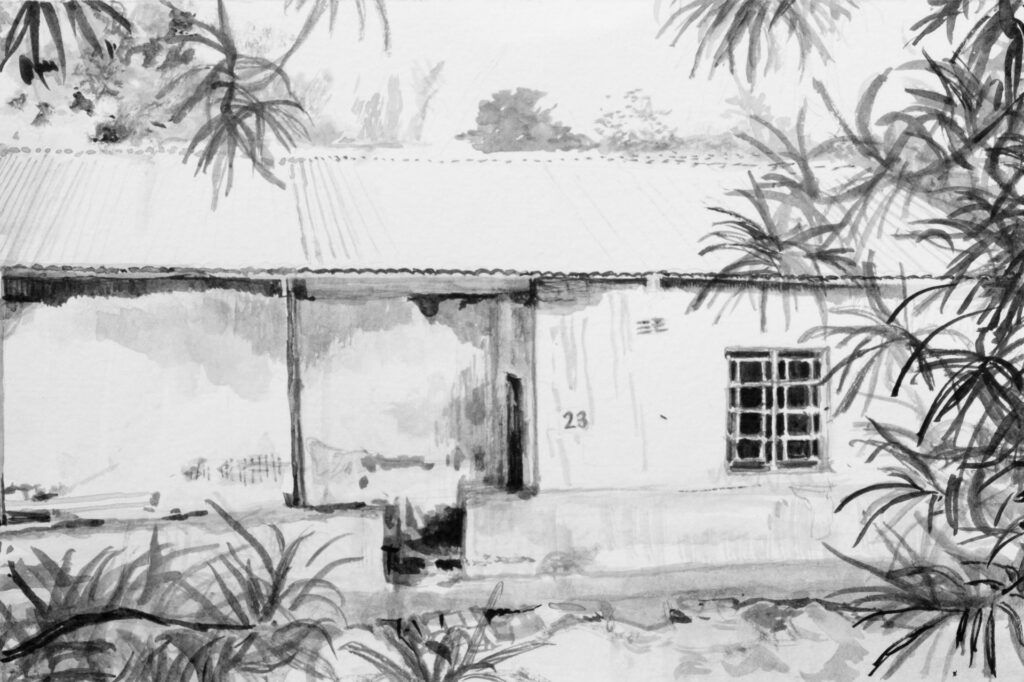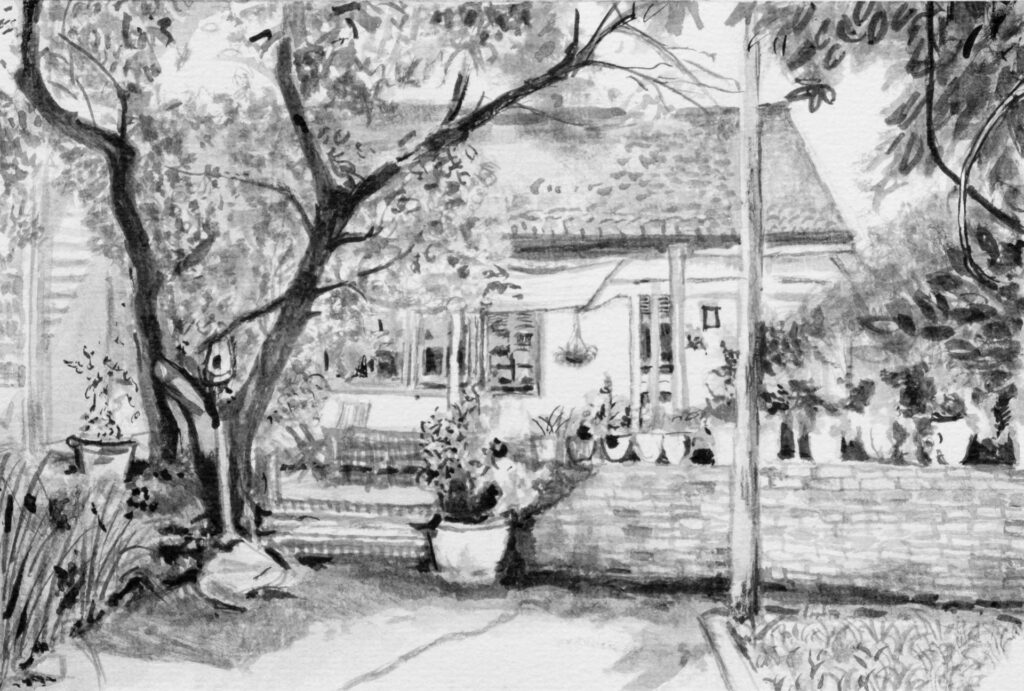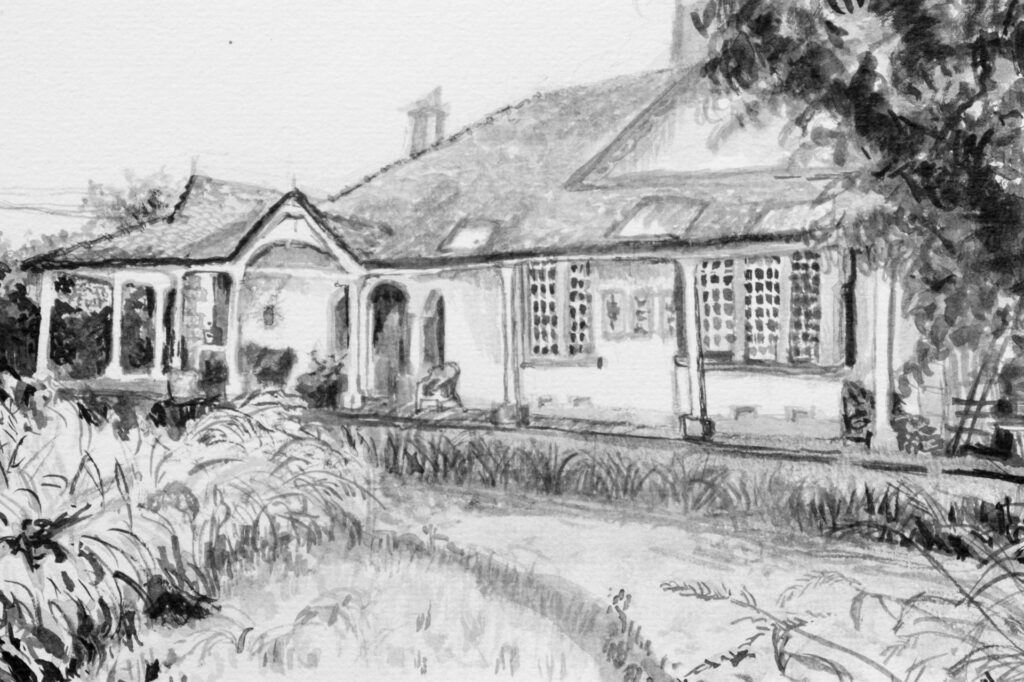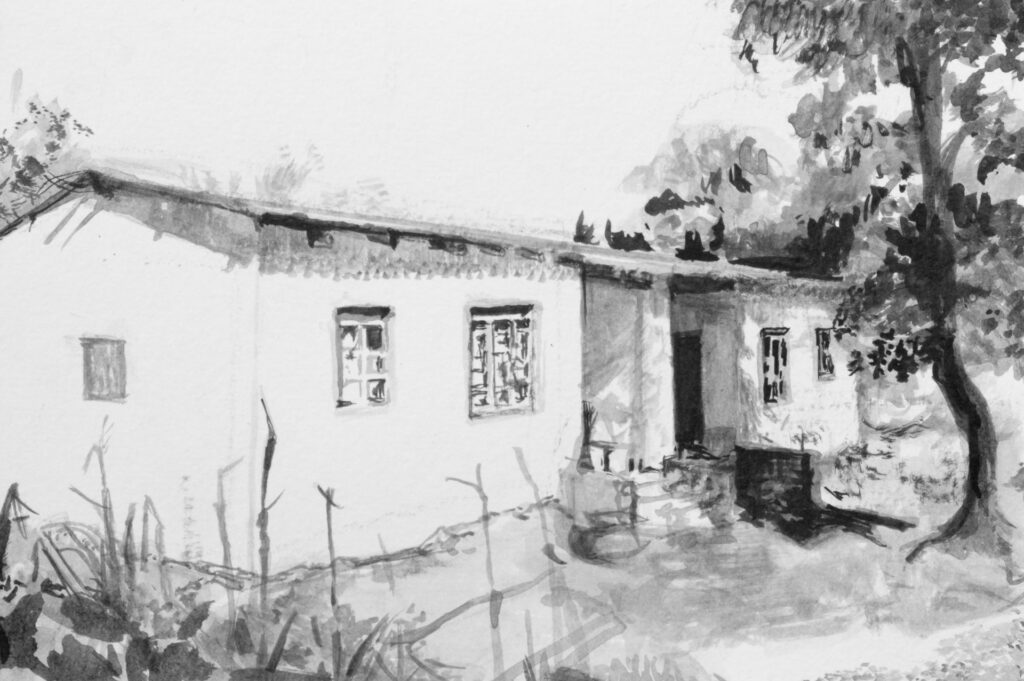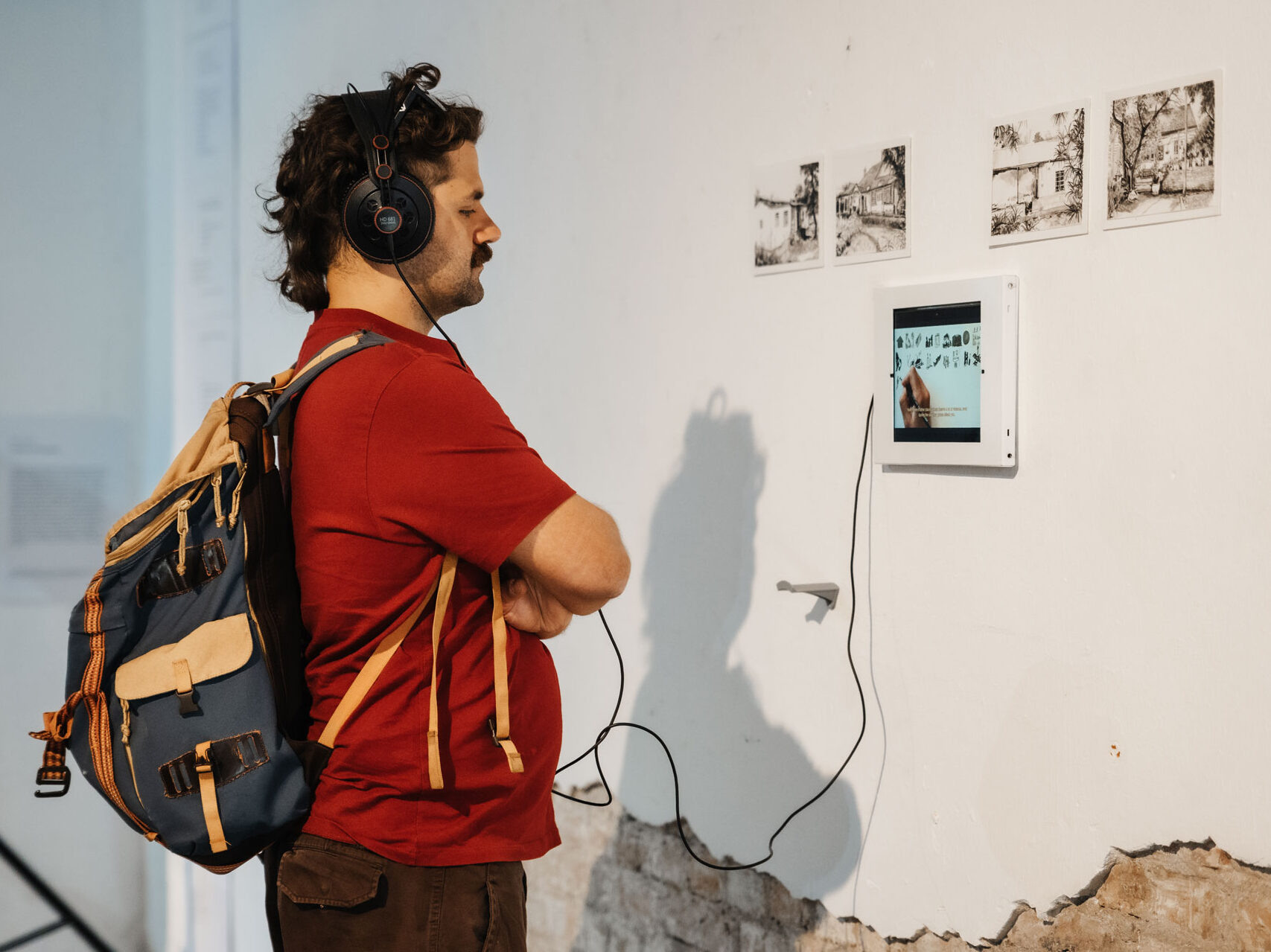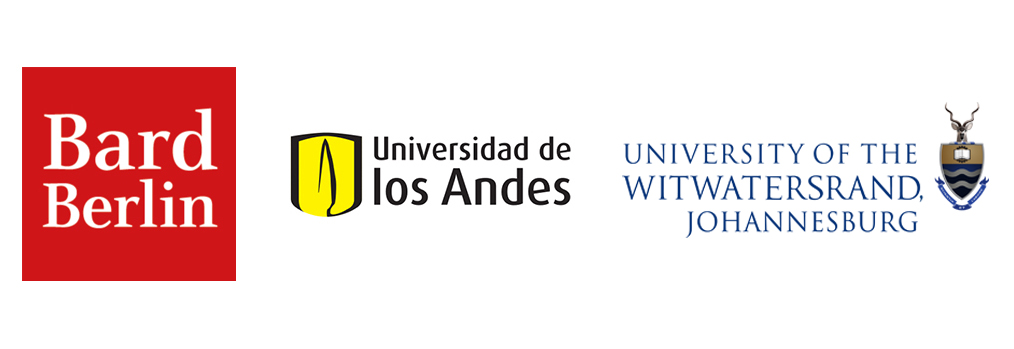Imogen Hilton-Barber
(Not my) Home
2023, Bard College Berlin
One of the cornerstones of South Africa’s Apartheid was a system of circulatory migrant labor. Migrant laborers were Black South Africans who moved to urban settlements looking to support their families, as well as those who came to South Africa on contract from neighboring states. The system was set up to profit whites, with lasting effects still plaguing South Africa today. Since the end of Apartheid little has changed with regards to space and movement in Cape Town. The “Land Act” and “Group Area’ Act” enforced spatial segregation and displacement and a categorization of Black South Africans as non-citizens through the Pass Law system. In the ‘denationalization’ of the indigenous population, lines are blurred between ‘insider’ and ‘outsider’ Black Africans. The majority of South Africans are still not granted social security. Their grievances together with the resurgence of nationalism have fuelled ‘othering’ whereby particularly African foreigners are seen as a threat to social and economic inclusion. The exclusion isn’t blamed on the government but instead targeted against Black African immigrants. Xenophobia in South Africa has manifested in several large scale attacks on ‘non-South African’ Africans.
As a white South African in Germany, I hardly experience discrimination yet still feel outside the system at times. My project explores two different perspectives on the process of living outside one’s home country. I interrogate my own positionality by engaging with someone who I’ve known for many years within the context of South Africa’s domestic labor system. Questions around the meaning of home are brought forward for contemplation.
